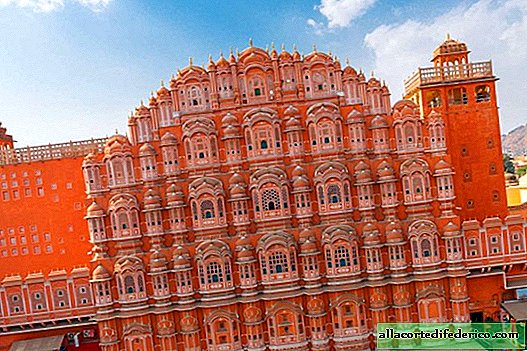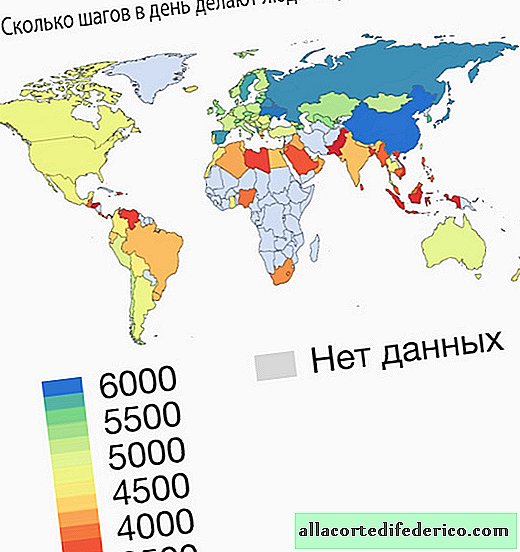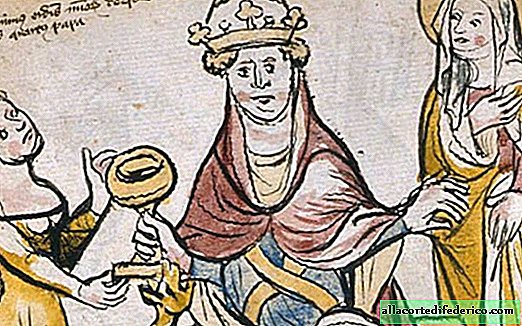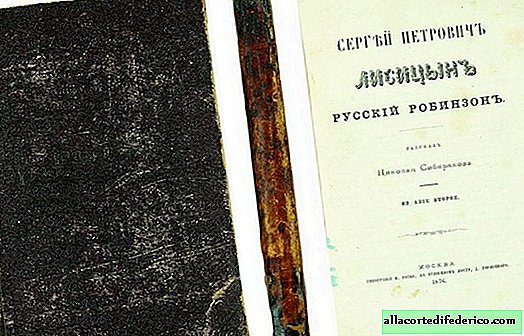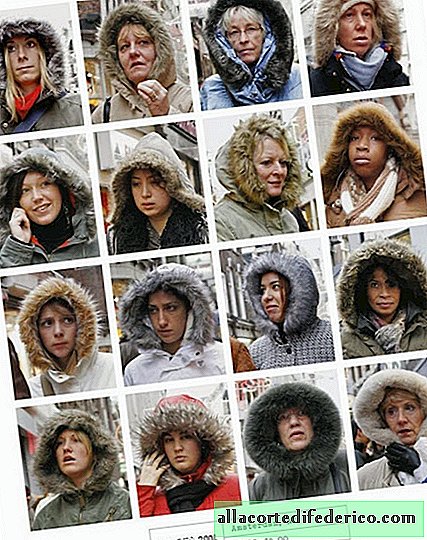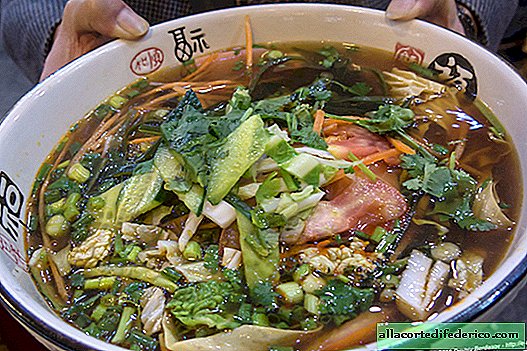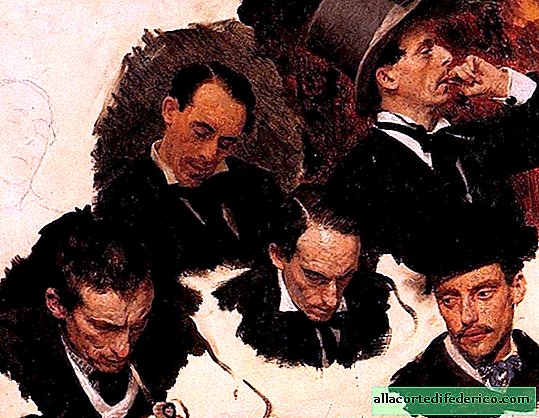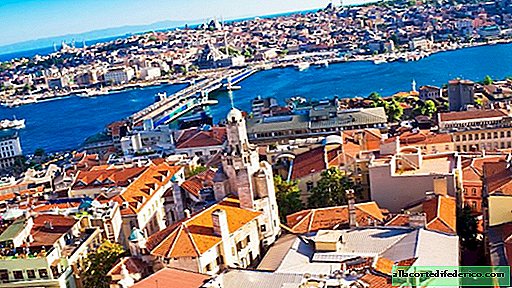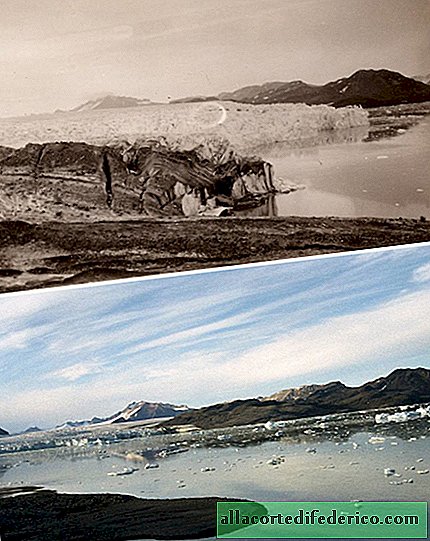Sympathy for the Russian prince: what else connected Queen Victoria with Russia
The history of relations between Great Britain and Russia has always been difficult. Many believe that Queen Victoria, who ruled the country from 1837 to 1901, looked at Russia with contempt and always competed with her on the world stage. Nevertheless, there were several points that united her with the Russian royal family.
Named after the Russian emperor
If you are trying to remember any Russian ruler named Victor, then this is an unsuccessful exercise. Queen Victoria, who was born 200 years ago, on May 24, 1819, was baptized as Alexandrina Victoria, inheriting the first name from her godfather Alexander I from Russia. This did not mean that he was present during her baptism: her first relatives chose the first name, and during her baptism ceremony, Alexander I was represented by her uncle, the Duke of York.
 Portrait of Emperor Alexander the First Brush George Dow
Portrait of Emperor Alexander the First Brush George Dow"Alexander I was absent during the ceremony, but he allowed to name the heiress by his name, - explained the historian Natalia Basovskaya. - It was a good gesture, symbolizing friendship between nations. The Russians and the British have just defeated this monster of Napoleon. "
Nevertheless, the queen never loved her name and chose to shorten it as soon as she ascended the throne in 1837. She always signed all the documents, using only one name, under which she went down in history: Victoria.
Flirted with the Russian heir to the throne
When in 1839, 20-year-old Victoria met Alexander Nikolayevich, Tsarevich and future Emperor Alexander II, she had ruled Great Britain for two years, and the royal house was actively looking for her husband. The handsome 21-year-old Alexander paid a visit to London and seemed to be seen by Victoria as a charming prince.
 Young Alexander the Second
Young Alexander the Second"I think we are already good friends and get along very well. I really like him."- Queen Victoria wrote in her diary shortly after she met the Russian heir. She spoke to him a couple of times in French and danced at the ball twice. It is hard to say anything definite about their relationship, but there were rumors that the two liked each other.
Even if this were true, it could not lead to anything, since Russia and Great Britain were two competing powers in Europe: Alexander returned to St. Petersburg, and Victoria married Prince Saxe-Coburg-Gotha Albert, who would be his whole life be in love. He will die in in 1861. She will mourn him for the rest of her days.
The ruthless political confrontation of Russia
All these warm feelings connected with Russia meant nothing to Victoria in comparison with political rivalry. During her reign, the interests of Russia and Great Britain extended to all of Eurasia. This inevitably led to clashes - direct or indirect. In the Crimean War of 1853-1856, British troops fought with the Turks against Russia. At the same time, the interests of both empires also clashed in Afghanistan, which led to the fact that countries adhered to opposite sides in the so-called "Big Game".
 Balaklava battle of 1854 during the Crimean War. Richard Caton Woodville
Balaklava battle of 1854 during the Crimean War. Richard Caton WoodvilleBritish foreign policy was not determined by Queen Victoria, as she relied on the leaders of her government, but she strongly supported the anti-Russian direction. Her biographer Christopher Higgins quoted the Queen's regret that she was not a man and could not take part in the Crimean War. Later, in the 1870s, when Russia won the war against the Ottoman Empire, and London and St. Petersburg were on the verge of an open conflict, the British were afraid that Russia would take control of the Middle East. Victoria often repeated: "You can’t trust these Russians."
Basovskaya believes that the reason for Victoria’s dislike of Russia was as follows: she adopted a constitutional monarchy, this form of government was a symbol of the country, and the Russian monarchy remained absolute. "I think she needed a negative example to convince herself and others that she was following the right path."- says Basovskaya.
She became the mother-in-law for the Russian Grand Duchess
Given her attitude to Russia, Victoria was not particularly happy that her second son, Prince Alfred, married Maria Alexandrovna, the only daughter of Alexander II, in St. Petersburg. She had to come to terms with this. Alfred was in love with Mary. "Without knowing Marie, and realizing that all this can be very difficult, I am confused by thoughts and feelings."- Queen Victoria wrote in her diary.
 Grand Duchess Maria Alexandrovna with her husband Alfred (son of Victoria) and their child
Grand Duchess Maria Alexandrovna with her husband Alfred (son of Victoria) and their childMaria became the first and only Romanova to marry a representative of the British royal family. She lived in England very independently, was unhappy with the climate, people, food, palaces, opera, and especially Queen Victoria, whom she called "stupid, stubborn old woman" in letters to her father. Since Alfred became the Duke of Saxe-Coburg-Gotha (in Germany), having received the title from his uncle, Maria was happy to move to Germany, just not to see her mother-in-law.
Blessed the marriage of the last Russian Tsar
 The family of the last Russian emperor Nicholas II
The family of the last Russian emperor Nicholas IINevertheless, Alix lived in Germany, Victoria's influence was not decisive. The queen again had to come to terms with the decision of her relatives. Between the future emperor Nicholas II and his bride was love. It comforted Victoria. "There are no two people who are as loyal as she and he- she wrote in her diary about their engagement. - This alone is my consolation. Everything else fills me with apprehension of danger and anxiety. ".
Her anxiety was not groundless: as it turned out, both Nikolai and Alix would not survive the Russian revolution. They will be shot in 1918. But, fortunately for Victoria, she will not live to see this. The queen died in 1901. The era of incredibly long rule has ended.


